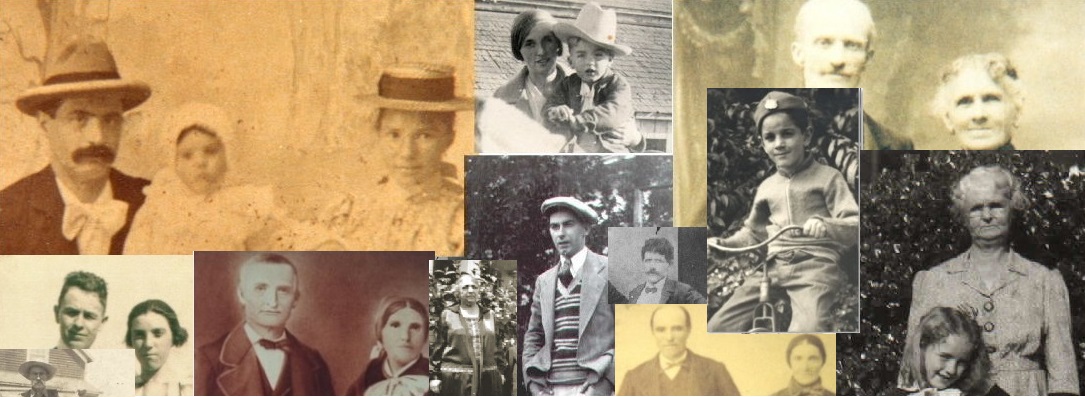I’ve had a chance to work with French civil records recently. Prior to this, I’ve worked with the Azores (primarily Sao Miguel Island) and, of course, records in Hawaii, California, Massachusetts, and New York.
In most cases pre-1900 women are a non-entity. Their full name might be record and it might now. They could be known by their first name or the more frustrating Mrs. So and So. And, even worse “wife of” or “daughter of”.
In the Azorean records, women aren’t associated with a surname for the most part. They use a religious name like dos Anjos, da Conceicao, etc. This religious name may change from childhood to adulthood making it difficult to know if Maria dos Anjos is the same as Maria de Jesus.
In the French records of the Oloron district in Southern France, women seemed to have captured a separate identity from their husbands, brothers, and fathers very early on. In the 1800s, they are listed in records under their maiden name. They even sign their name showing a level of literacy. I’m back to the mid 1700s, even in this period they are still recorded with their full maiden name.
One of the most fascinating things I’ve found is that women can be witnesses and informants as well. In these records someone tells the official recorder the information to be recorded. Most of the time it is not the parents or spouse themselves, but another relative. It’s interesting to see the matriarch of the family being the one who presents the information.
Another thing I’ve noticed is that the women of this region had professions. In the Azores most people, male and female, were laborers. If you’ve worked in American records, you’ve noted the conspicuous blank spot next to women on the census–even those you know work. In these records in the periods after 1800 where professions are listed, the women are weavers, laundresses, artisans, day laborers, domestics, cooks, and so forth. Their profession is listed on the marriage and birth records along side of the men.
As I’ve researched my French ancestry, I’ve noticed a certain independent streak. Women who traveled alone as early as 1880. Women who were listed with occupations in the 1900 census. Women who took over the family business when their husbands died. Women who were politically active just after receiving the right to vote in California.
I do not know if this is indicative of French women as a whole. Perhaps the Southern region produced independent women. All I know is that it is wonderful to see. Just knowing that my ancestor was a weaver or that she could write her name adds a little more to the stories in my tree.






